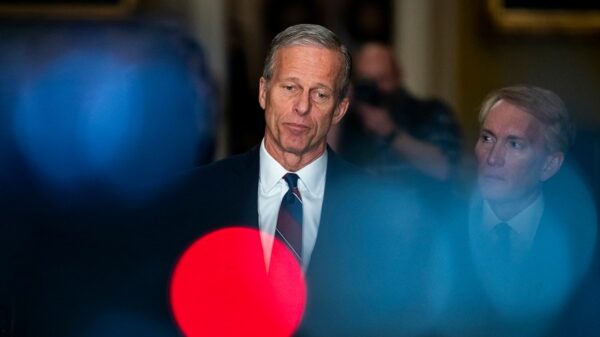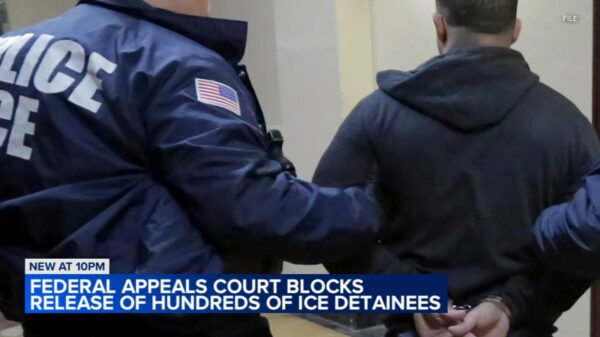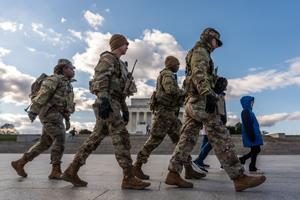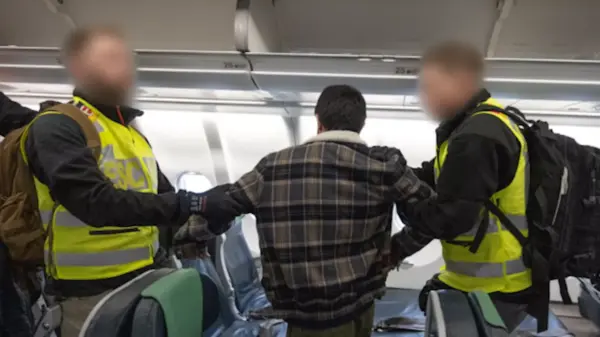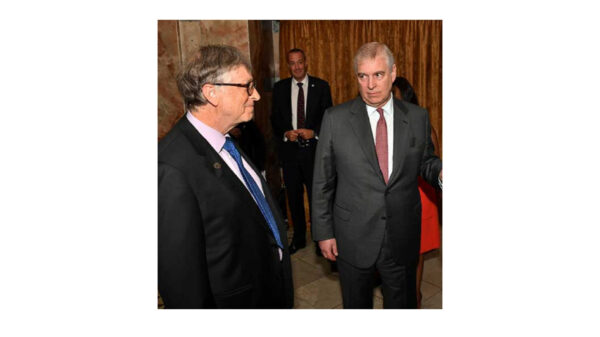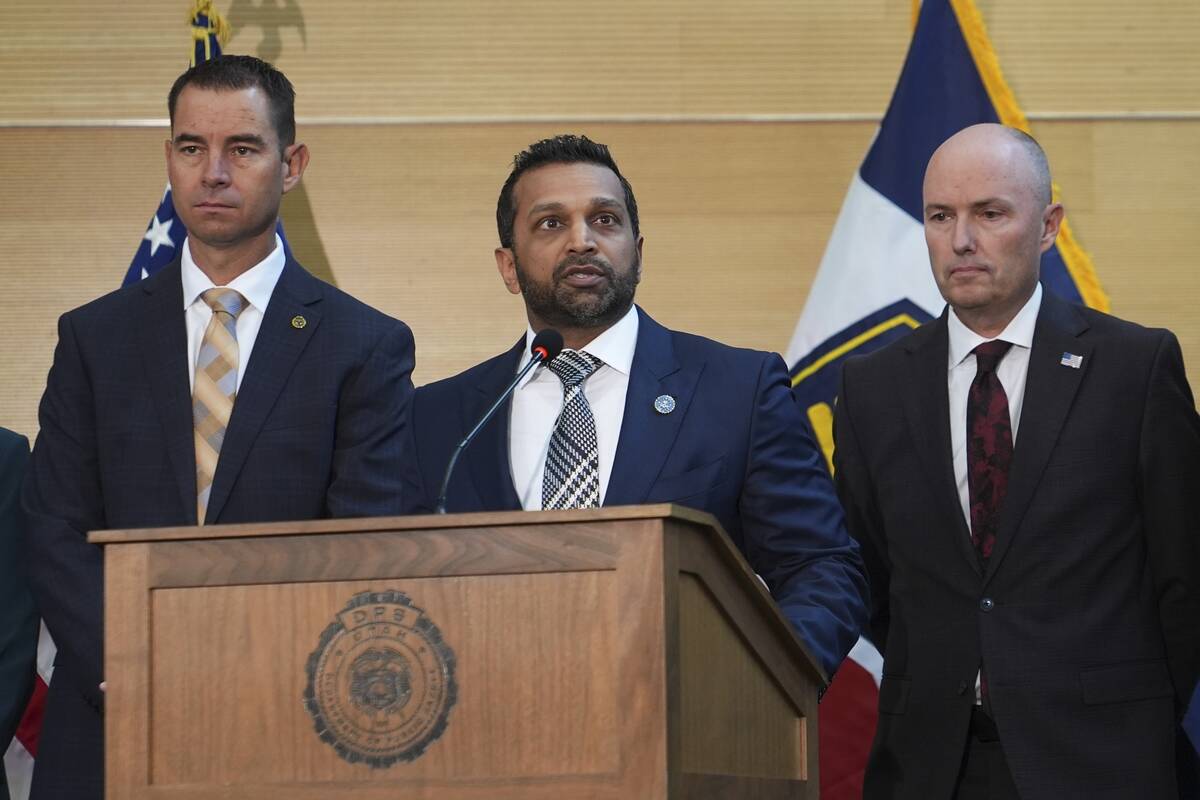The assassination of conservative activist Charlie Kirk has intensified scrutiny on Kash Patel, the FBI Director, as he prepares for congressional hearings this week. Following the shooting, Patel claimed on social media that “the subject” involved in the incident was in custody, a statement that proved to be misleading as the actual shooter remained at large. This miscommunication reflects the heightened pressure on Patel’s leadership amid a turbulent period for the FBI.
Utah officials quickly clarified that the gunman was still unaccounted for, with the two men initially detained released shortly after. Governor Spencer Cox stated at a news conference, “Whoever did this, we will find you,” emphasizing the ongoing search for the suspect. Patel’s subsequent post indicating that the person in custody had been released only fueled public skepticism about the FBI’s handling of the investigation.
The upcoming congressional hearings present a critical moment for Patel, who faces questions not only about the Kirk investigation but also about broader issues surrounding the FBI’s direction. With the agency’s credibility under scrutiny, Democrats are expected to challenge Patel on several fronts, including a recent purge of senior executives, ongoing investigations tied to former President Donald Trump, and a shift in the FBI’s focus toward immigration and street crime.
Gregory Brower, a former FBI executive, noted, “Because of the skepticism that some members of the Senate have had and still have, it’s extremely important that he perform very well at these oversight hearings.” The FBI has declined to comment on Patel’s upcoming testimony, leaving many questions unanswered.
As the investigation into Kirk’s assassination unfolded, Patel expressed frustration over a lack of communication with FBI personnel regarding updates on the suspect, identified as Tyler Robinson. Reports indicate that Patel was not quickly shown a photograph of Robinson, which led to heightened tensions within the bureau. This incident is part of a growing narrative of turmoil within the FBI, as significant turnover in leadership has left the agency fragmented.
The ongoing fallout from the Kirk case coincides with a lawsuit filed by three senior FBI executives who were terminated during a controversial purge. They allege that their dismissals were politically motivated and part of a broader campaign of retribution against those who resisted pressure from the Trump administration. The lawsuit specifically cites Brian Driscoll, who claims he was fired after challenging leadership’s demands regarding personnel decisions related to the January 6 Capitol riot.
As Patel’s leadership faces challenges, he has also sought to reshape the FBI’s priorities, emphasizing a crackdown on street crime and illegal immigration. This realignment has raised concerns among critics who fear it may detract from the agency’s traditional focus on national security and public corruption.
Patel’s administration has engaged in high-profile arrests under initiatives like Operation Summer Heat, which have been framed as efforts to combat crime in urban areas. While acknowledging these initiatives, some worry that the shift in focus undermines the FBI’s historic role in addressing more complex threats.
As the Kirk assassination investigation continues to unfold, the stakes are high for Patel. He must navigate the pressures of congressional scrutiny and public skepticism while attempting to stabilize an agency grappling with internal dissent and external criticism. The hearings this week will serve as a pivotal test of whether Patel can restore confidence in the FBI during a time of significant political upheaval.












